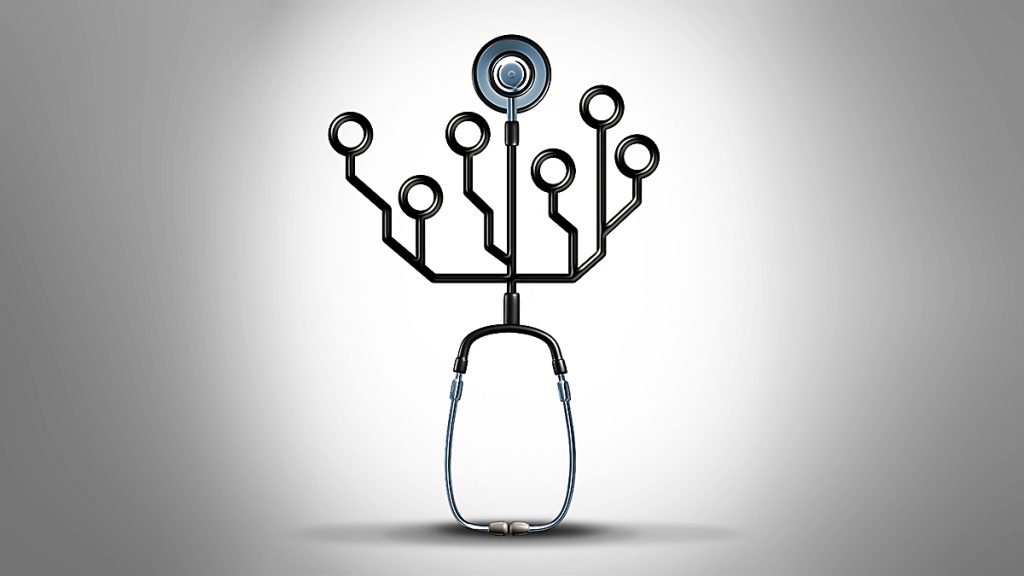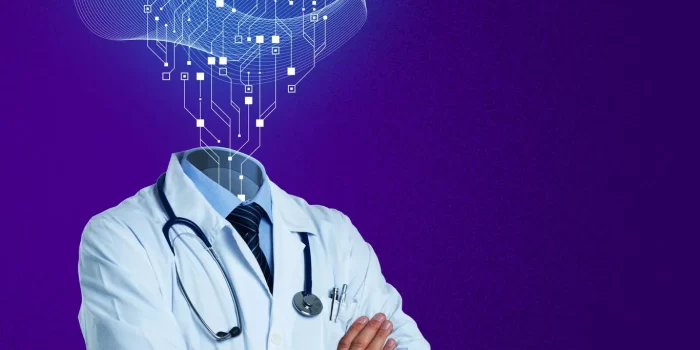The CEO of OpenAI, Sam Altman, has recently stated that he believes artificial intelligence (AI) will play a crucial role in providing medical advice to individuals who cannot afford to see a doctor. Altman argues that with the advancements in AI technology, it is now possible for individuals to receive medical advice and diagnosis from a machine rather than a human.
Altman acknowledges that the idea of relying on AI for medical advice may seem daunting to many people. However, he argues that AI has the potential to revolutionize the healthcare industry by making medical advice and diagnosis more accessible and affordable to people around the world.
“The adaptation to a world deeply integrated with AI tools is probably going to happen pretty quickly,” he wrote. “The benefits (and fun!) have too much upside.” Altman said. “These tools will help us be more productive (I can’t wait to spend less time doing email! ), healthier (AI medical advisors for people who can’t afford care), smarter (students using ChatGPT to learn), and more entertained (AI memes, lol),” he continued.

One of the key advantages of AI, according to Altman, is that it can process vast amounts of data and information much faster than a human can. This means that an AI system can quickly analyse a patient’s symptoms and medical history to provide an accurate diagnosis without the need for a human doctor.
Altman also believes that AI can be particularly useful in remote or underserved areas where access to healthcare is limited. By providing medical advice and diagnosis through an AI system, people in these areas can receive the care they need without having to travel long distances or pay high medical fees.
Despite the potential benefits of AI in healthcare, there are also concerns about the accuracy and reliability of AI systems. Altman acknowledges that these concerns are valid and emphasizes the importance of rigorous testing and validation of AI systems before they are deployed for medical use.

In conclusion, Altman’s vision for AI in healthcare is an optimistic one. While there are still many challenges to overcome, he believes that AI has the potential to transform the healthcare industry and provide medical advice and diagnosis to people who might not otherwise have access to it.


